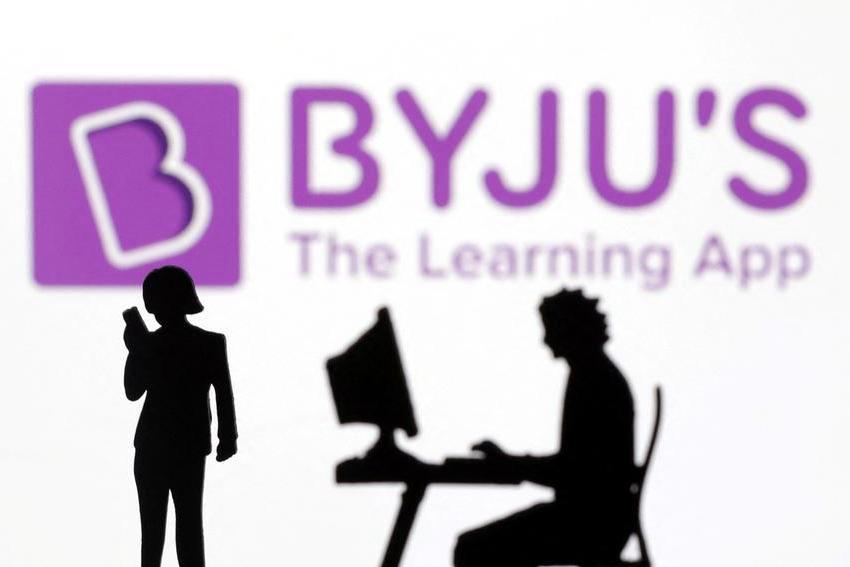 Image Source: ZAWYA
Image Source: ZAWYA
Qatar Investment Authority (QIA), through its subsidiary Qatar Holding LLC, has filed a major enforcement petition in the Karnataka High Court against Byju’s founder Byju Raveendran and his investment arm Byju’s Investments Pte Ltd (BIPL) to recover $235 million. The move ratchets up legal pressure on the beleaguered Indian edtech giant as it reels from investor disputes, mounting debts, and insolvency risk.
Key Highlights: Enforcement Drive Follows Singapore Arbitration Victory
The dispute centers on a $150 million loan made by QIA in September 2022, personally guaranteed by Raveendran, meant to help finance Byju’s acquisition of over 17.8 million shares in Aakash Educational Services Ltd.
Loan terms expressly forbade transferring the pledged Aakash shares. However, QIA claims Raveendran sidestepped this by shifting shares to another Singapore-based vehicle controlled by him, breaching contractual obligations.
Following repeated defaults, QIA terminated the agreement and sought full repayment. In March 2024, the fund started Singapore arbitration, resulting in an emergency global asset freeze and culminating with a final arbitral award for $235 million plus interest in July 2025.
The total enforcement claim now exceeds $249 million, with interest of 4% per annum (compounded daily since February 2024).
Legal Moves and Ramifications
Qatar Holding asked Karnataka High Court to recognize the Singapore arbitration order as a judicial decree, granting rights to attach or sell Byju’s and Raveendran’s Indian assets and to block further transfers.
Previous attempts by QIA for asset freezes were only partially successful in Indian courts, with interim protective orders lasting three months while Singapore proceedings were ongoing.
Globally, QIA and other creditors have used similar awards and legal tactics to freeze assets and force disclosure—including action in the US, where Raveendran was held in civil contempt for failing to cooperate with court orders regarding a $1.2 billion term loan.
Byju’s Crisis and Investor Fallout
Once India’s most valuable startup, Byju’s valuation has plummeted amid cascading defaults, regulatory scrutiny, missed reporting deadlines, and repeated management shakeups.
Public filings and creditor complaints allege fund diversions, with at least $533 million from a separate term loan unaccounted for as legal claims pile up worldwide.
QIA’s enforcement petition marks yet another chapter in the dramatic unraveling of Byju’s, as leading global investors join the fray to preserve capital and force governance reforms.
Implications for Indian Startups and Edtech Sector
The case sets a precedent for enforceability of international arbitration awards in India, underscoring heightened scrutiny on startup governance and transparency.
Byju’s saga raises questions for founders and investors on oversight, compliance, and the costs of aggressive expansion via debt-fueled M&A.
The outcome of this enforcement action may influence how global investors approach large-ticket deals in India’s booming startup ecosystem.
Conclusion
Qatar Investment Authority’s legal crusade against Byju Raveendran and his entities reflects escalating efforts to enforce creditor rights and accountability amid one of Indian startup sector’s biggest crises. The High Court’s decision will have far-reaching consequences for investor trust, cross-border capital flows, and the future of high-growth, high-risk ventures in India’s digital economy.
Sources: Economic Times, New Indian Express, Business Standard, YourStory
Advertisement
Advertisement




